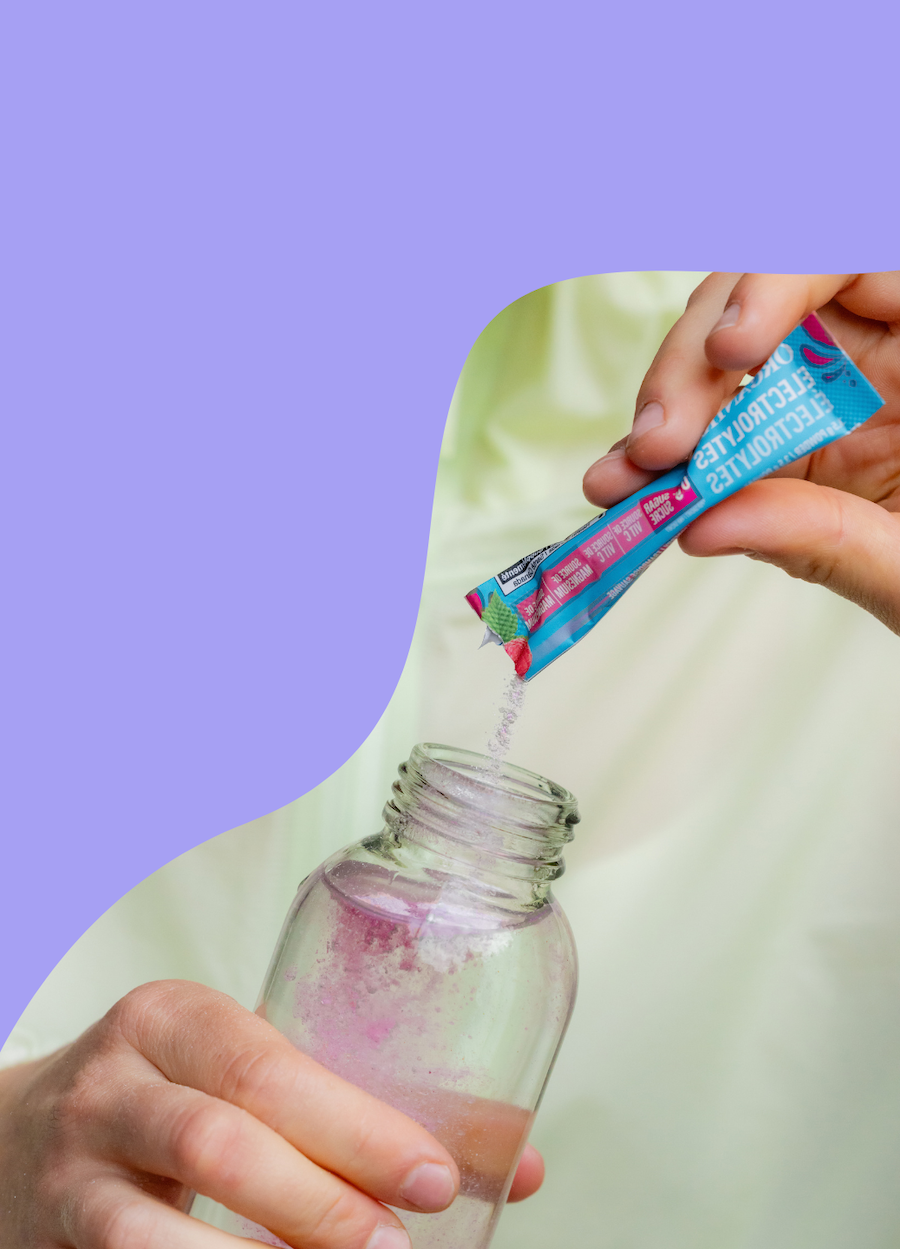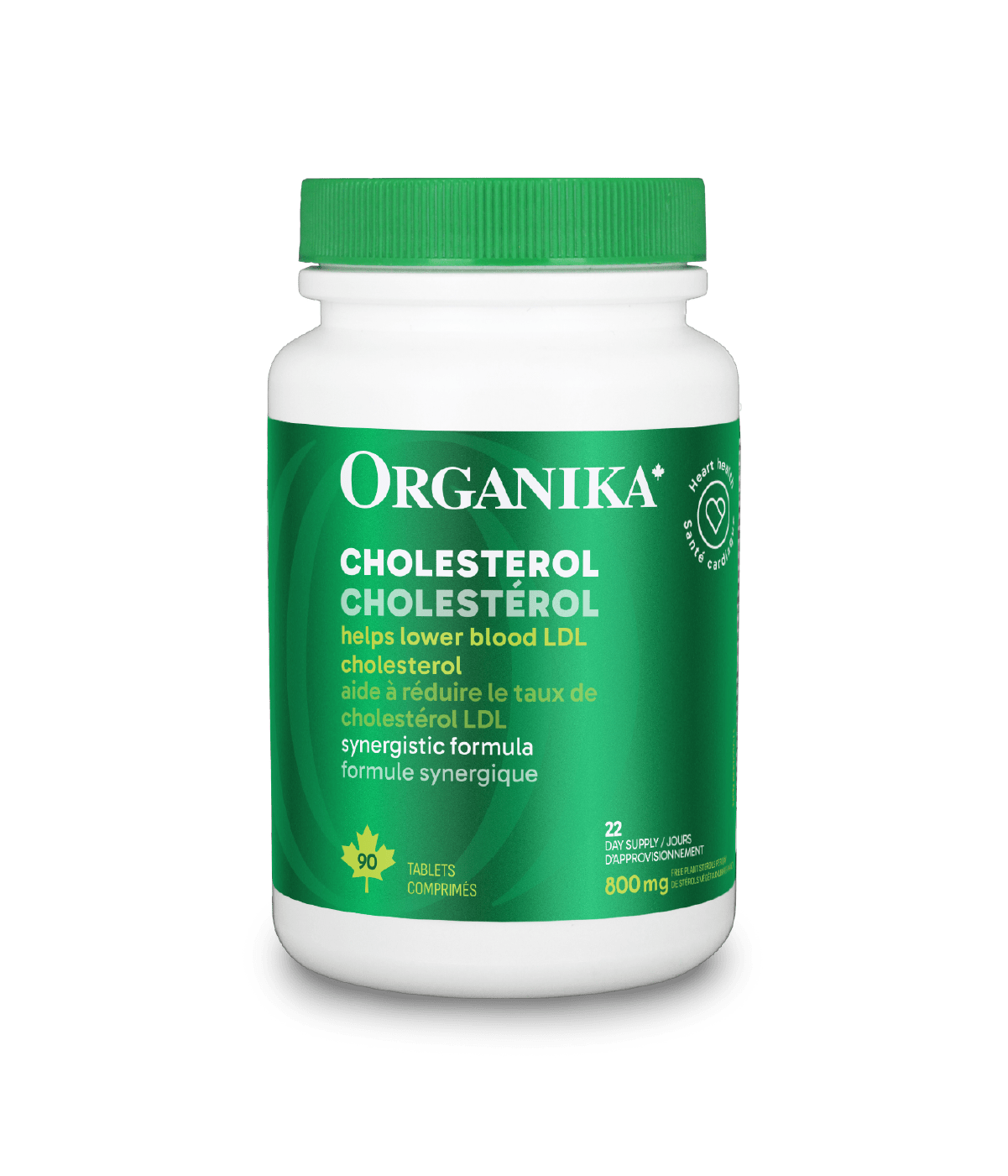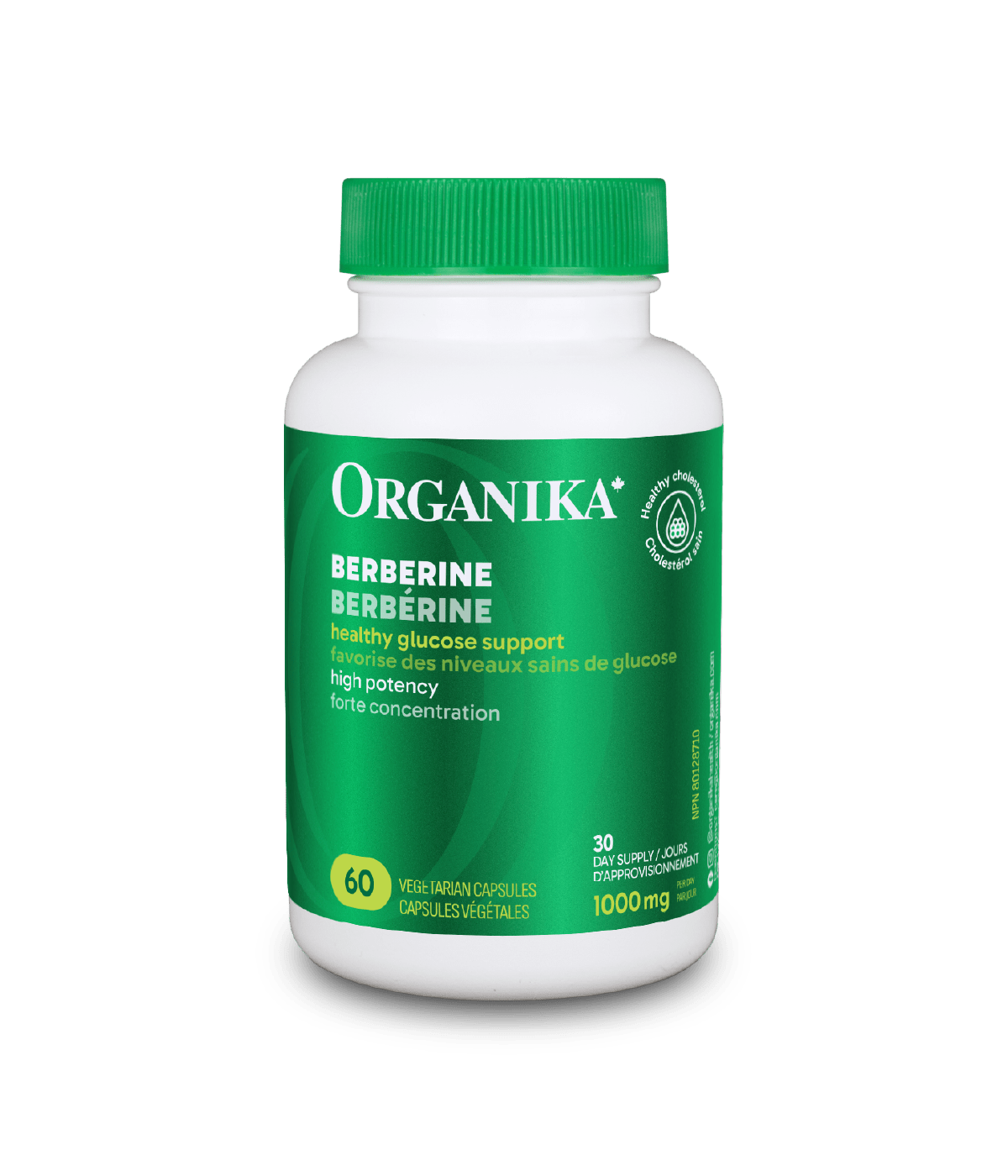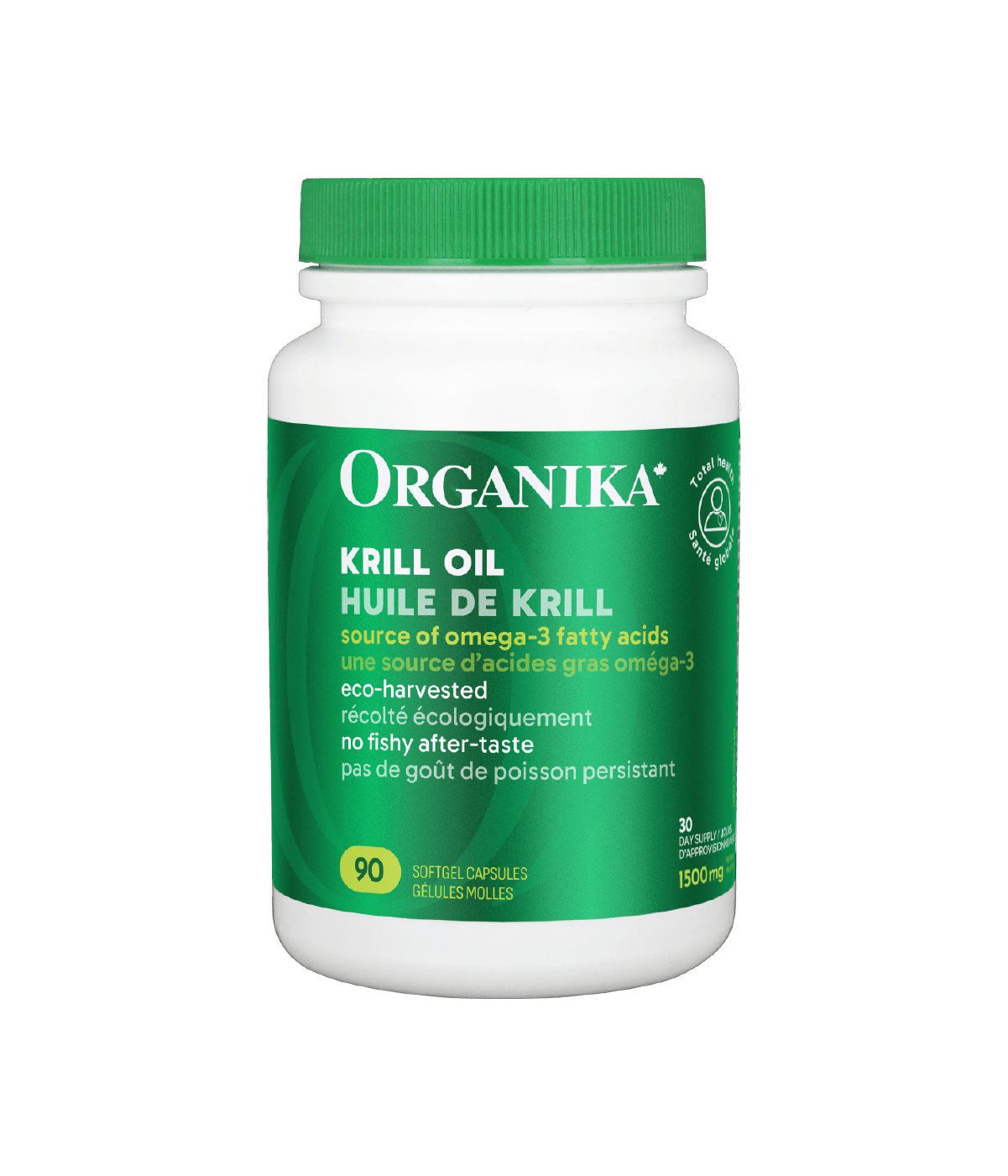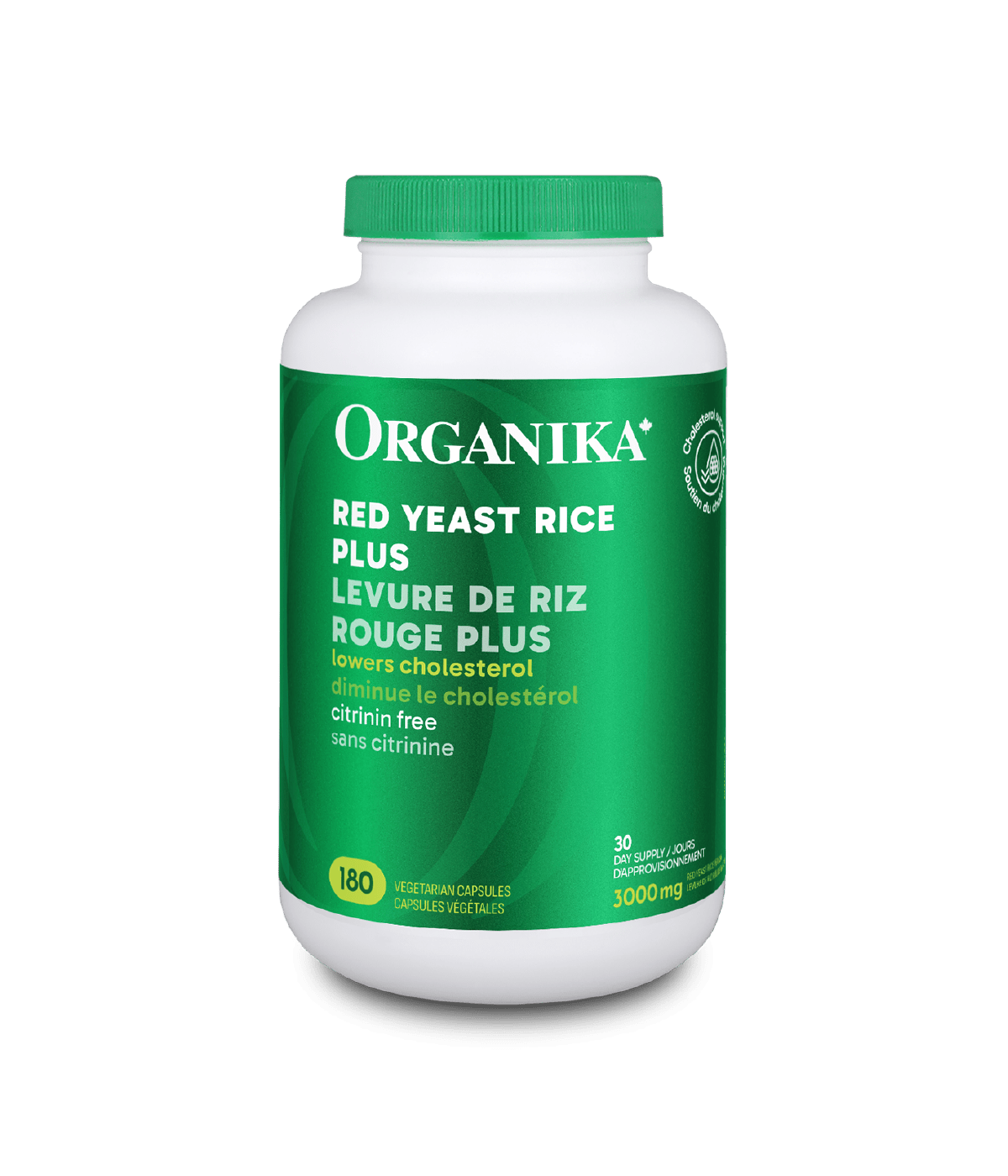







Nattokinase
The traditional Japanese food that helps support cardiovascular health naturally
- Supports healthy cardiovascular function
- Promotes overall heart health
- Helps maintain normal blood flow
- Aids in breaking down fibrin (involved in blood clotting)
Couldn't load pickup availability

Notify Me When Available
Enter your email and we'll let you know as soon as this product is back








Supplement Facts




Ingredients & Nutrition
MEDICINAL INGREDIENTS - EACH VEGETARIAN CAPSULE CONTAINS: Nattokinase (Bacillus subtilis var. natto, Whole) 100 mg (2000 FU*). * FU (Fibrin Degradation Unit)
NON-MEDICINAL INGREDIENTS: Magnesium Stearate (Vegetable Source), Microcrystalline Cellulose, Hypromellose (Vegetarian Capsule)
RECOMMENDED DOSE — (oral) adults (19 years and older) only: Take 1 capsule per day.
CAUTIONS: Consult a health care practitioner if you have a cardiovascular, kidney, or liver disorder, or if you are taking any medications. This product is derived from soy. Do not use if you have soy allergy. Do not use if you are pregnant or breastfeeding, if you are taking health products that affect blood coagulation, or if you have a bleeding disorder. Stop using this product 7 days before any scheduled surgery, or immediately if you have unscheduled surgery or if you suffer from an injury resulting in bruising or bleeding
Is This Right for You?
Do you need natural support for cardiovascular health?
Are you looking for a gentle, plant-based supplement?
Do you want a natural way to help support a normal blood pressure?
If you answered "yes" to any of the above, this product is right for you.

-
Helps maintain normal blood flow
-
Aids in breaking down fibrin (involved in blood clotting)
Ingredients & Nutrition
Recommend For
Do you need natural support for cardiovascular health?
Are you looking for a gentle, plant-based supplement?
Do you want a natural way to help support a normal blood pressure?
If you answered "yes" to any of the above, this product is right for you.
Gluten-Free
Caffeine-Free
Keto Friendly
Non-GMO
Vegan Friendly
No Artificial Colours or Flavours
Nattokinase has traditionally been known to help support a healthy cardiovascular function and maintain a normal blood flow


The Full Scoop

-
Helps maintain normal blood flow
-
Aids in breaking down fibrin (involved in blood clotting)
Traditionally valued for its natural ability to support healthy cardiovascular function, our Nattokinase is an enzyme extracted from natto—a Japanese food made by fermenting soybeans with bacteria. What it offers so well is a plant-based way to help the body maintain a normal blood flow while breaking down fibrin, a protein involved in blood clotting.
Ask Away
We’ve got the FAQs covered. But if you’re still stuck, we’re only a message away.
Get in TouchWhat is nattokinase and what does it do?
Nattokinase is a natural enzyme extracted from natto, or fermented soybeans. It is known for its ability to support cardiovascular health by helping to break down fibrin—a protein involved in blood clotting.
What does 20000 FU mean in relation to nattokinase?
This refers to the enzymatic activity of nattokinase, where FU stands for fibrinolytic units—a measure of the enzyme's ability to break down fibrin. '20,000 FU' means that each gram of nattokinase provides 20,000 units of this clot-dissolving activity.
How should I take this supplement for best results?
For best results, take this supplement exactly as directed on the label.
Can I take this product long-term? The label mentions consulting a healthcare practitioner for use beyond 4 weeks, why is that?
Yes, this product can be taken for long-term cardiovascular support. However, after 4 weeks of use, nattokinase may affect blood clotting, especially in individuals with certain health conditions or those taking blood thinners. For this reason, it’s recommended to consult a healthcare practitioner before prolonged use.
Is this supplement suitable for vegans or vegetarians?
Yes, however, individuals who are allergic to soy are advised not to use this product, as nattokinase is derived from soy.
Why is it important to stop using this supplement before surgery?
This product has blood-thinning properties, which may increase the risk of excessive bleeding during or after surgery.
Are there any common side effects associated with taking nattokinase?
Generally, it is well tolerated at the recommended dosage. However, common side effects such as nausea, dizziness, or discomfort may occur.
You'll Likely Also Love...
Cholesterol
Four natural ingredients with one goal: healthier cholesterol
Berberine
Plant-powered support for metabolism and cholesterol that's rooted in tradition and proven by science
Krill Oil
Sustainably sourced and expertly crafted Omega-3 power
Red Yeast Rice
Lower your cholesterol with centuries-honoured ingredients
Support Beyond Products
February is Heart Month. As you go about your day, you probably don’t think much about the organ that makes it all possible: your heart. It's your hardest working muscle and it pumps for you all day long, but still, there are a lot of habits in western society that put your heart health at risk. So take care of your heart. Show it some TLC. Small changes can make a difference for your overall heart health. February was chosen by the Heart and Stroke Foundation back in 1956 to be Heart Month in order "to put heart health on the public agenda, to empower researchers to turn the tide on heart disease, and to educate Canadians about their hearts."^2 In recognition of Heart and Stroke's efforts to raise awareness and spread the knowledge of heart health, here are some tips to help you maintain your heart health: Incorporate healthy fats into your diet It is difficult to drastically change your eating habits, but making small changes to gradually improve your heart health could make a difference. Start eating more healthy fats, these include essential fatty acids (omega-3 and omega-6) from foods like nuts and seeds or fish. You can also take an Omega 3 supplement, like Krill oil. Practice stress management Meditation and exercise can help combat stress. Try light stretching exercises like yoga, prayer, deep breathing, or art therapy. Check your family history Go for regular checkups. Monitor your blood pressure so that your checkups go smoothly. Keep your BP below 120.80 mm HG. Organika's Cholesterol Caps can help by reducing the reducing oxidative damage to blood cells, blood vessels and other circulatory organs. Get a good night’s sleep Aim to get 6-8 hours of sleep per night. Good sleep habits can play an important role in maintaining healthy blood pressure levels.^3 Whether you move more, eat better, or sleep more, making just one small change at a time could help your heart maintain its strength and longevity over time. Once you get going, you'll find it pays off. Find out more about these other heart health related products: Coenzyme Q10 Red Yeast Rice Plus References 1, 2 http://heartmonth.heartandstroke.ca/site/c.jhLOKYPDLqF/b.8330671/k.B026/Learn_more_about_Heart_Month.htm 3 http://www.heartandstroke.on.ca/site/c.pvI3IeNWJwE/b.5482901/k.C0B7/Insomnia_could_up_blood_pressure_Foundation_research_finds.htm
read moreOur beating heart is a muscle that works non-stop, delivering fresh oxygen and nutrients all around the body. This muscle pumps approximately 5 litres of blood through our blood vessels at all times. Together our heart and circulation make up what we call our cardiovascular system. Keeping our cardiovascular system healthy and strong is key to our overall health and vitality. How to improve your heart health When optimizing our heart health, diet, exercise, and stress management are key players to prioritize. Eating foods rich in antioxidants such as berries and leafy greens, and consuming foods rich in omega-3 is important. Exercise will keep your heart muscle strong and can slow your resting heart rate and blood pressure. Stress management techniques such as deep breathing, meditation, or yoga will help your body handle stress better which in turn, is less work for your heart. Heart health supplements Going beyond the basics of diet, exercise, and stress management, there are a variety of supplements that can support the health of your heart. Coenzyme Q10 and heart health Coenzyme Q10, or CoQ10 for short, is a naturally occurring antioxidant in the body and an important nutrient that contributes to energy production in every cell of your body. Although CoQ10 is metabolically needed in all tissues, it is especially found in high concentrations in the heart. CoQ10 plays a major role in cardiovascular health by meeting the high energy demand of cardiac cells of the heart.(1) Unfortunately, levels of CoQ10 decline as we age.(2) Certain drugs such as statins, which lower blood lipids, inhibit the natural synthesis of CoQ10, which can leave an individual deficient.(3) Heart disease and nutritional deficiencies such as B vitamins have all been shown to decrease levels of CoQ10. Due to these factors, CoQ10 has been used as a supplement to increase the cardiovascular health of individuals for more than 30 years.(4) Shop Coenzyme Q10 Magnesium and heart health Magnesium is a critical mineral needed for over 300 metabolic reactions in our body. Magnesium is especially important when it comes to our cardiovascular health. Being deficient in magnesium can lead to a host of complications, including heart disease.(5) A healthy heart needs adequate levels of magnesium to function optimally and to maintain healthy blood pressure. Shop Magnesium Probiotics and heart health Having a healthy gut plays an enormous role in your cardiovascular health. When your microbiome is in balance, it strengthens your immunity, reducing physiological stress, and keeps inflammation down. Cardiovascular health is adversely affected by prolonged inflammation. Inflammation can cause damage in blood vessels leading to atherosclerosis, as well as other cardiovascular conditions.(7) Having a healthy gut microbiome may help protect you from systemic inflammation and therefore protect the health of your heart. Probiotic supplements alongside a diet rich with fibre and low in processed foods can assist in optimizing the healthy biome in your intestines, keeping your heart health optimal! Shop Probiotic + Prebiotic Powder Adaptogens and heart health Long term physiological and mental stress will take a toll on the health of our hearts. It is important to keep stress minimal but is easier said than done. Besides adequate exercise and meditation, you can support your stress response with adaptogen herbs such as Ashwagandha and Holy Basil. Adaptogens help your body ‘adapt to stress’ and therefore, help counteract the negative effects caused by the stress. Shop Adaptogens When it comes to maintaining or improving the health of our heart, there is a lot to take into consideration. Taking a holistic approach by addressing your diet, exercise habits, and stress reduction techniques are all VERY important. If you have a heart condition or want to supplement your way to a better heart, always talk to your Naturopathic Doctor and find out what supplements are right for you before starting any new regime. Take care of yourself! References Kumar A, Kaur H, Devi P, Mohan V. Role of coenzyme Q10 (CoQ10) in cardiac disease, hypertension, and Meniere-like syndrome. Pharmacology & therapeutics. 2009 Dec 1;124(3):259-68. NiklowitzP, Onur S, Fischer A, Laudes M, Palussen M, Menke T, Döring F. Coenzyme Q10 serum concentration and redox status in European adults: influence of age, sex, and lipoprotein concentration. Journal of clinical biochemistry and nutrition. 2016:15-73. Caso G, Kelly P,McNurlan MA, Lawson WE. Effect of coenzyme q10 on myopathic symptoms in patients treated with statins. The American journal of cardiology. 2007 May 15;99(10):1409-12. Folkers K,Vadhanavikit S, Mortensen SA. Biochemical rationale and myocardial tissue data on the effective therapy of cardiomyopathy with coenzyme Q10. Proceedings of the National Academy of Sciences. 1985 Feb 1;82(3):901-4. Chakraborti S, Chakraborti T, Mandal M, Mandal A, Das S, Ghosh S. Protective role of magnesium in cardiovascular diseases: a review. Molecular and cellular biochemistry. 2002 Sep;238(1):163-79. McCarty MF. Complementary vascular-protective actions of magnesium and taurine: a rationale for magnesiumtaurate. Medical hypotheses. 1996 Feb 1;46(2):89-100. PashkowFJ. Oxidative stress and inflammation in heart disease: do antioxidants have a role in the treatment and/or prevention?. International journal of inflammation. 2011 Oct;2011.
read moreWhat you need to know about collagen’s role in muscle mass. You may have heard that collagen is the most abundant protein in the human body and is a key component of all connective and fibrous tissue, including muscle, bone, cartilage, tendons, ligaments, blood vessels, hair, and skin (1). Collagen is vital for muscle health, because it accounts for up to 10% of the total mass of skeletal muscle tissue in the body (2). Because working out involves increasing muscle mass, let’s explore why collagen becomes important. Does collagen play a role in exercise? We have long understood that exercise causes stress and micro-trauma to working muscles and connective tissue (tendons, ligaments, fascia, etc.). The higher intensity the exercise, the higher the impact on the muscles. This micro-trauma is necessary and valuable; it is the primary driver that directs the body to build more muscle mass and to increase strength. However, repair of micro-trauma, and increasing muscle mass and strength is only possible if the correct protein and amino acid building blocks are available in adequate amounts. Extensive research has shown that ensuring adequate protein intake has a large positive impact on muscle repair and growth (3). What amino acids do you need for muscle growth? The essential amino acids most required for muscle growth and repair are leucine, isoleucine, valine and glutamine, all of which are found in all animal sources of collagen (4). As a great animal-based source of protein, collagen is a helpful addition to an athlete’s diet. Research comparing the use of animal and plant-based sources of protein in athletes has shown that equivalent amounts of a carbohydrate or soy-based protein supplement does not have as marked of an impact as animal-based protein on post-workout muscle building (5). Collagen is also high in the amino acids proline and glycine, which are particularly important for the strengthening and repair of tendons and ligaments. They may also help decrease the likelihood of exercise-induced injury (3). Collagen increases muscle with training. The research has found that collagen peptide supplementation in combination with resistance training has helped body composition by both increasing muscle strength and the loss in fat mass (7)(8). So whether you are working out for weight loss, or increasing muscle mass, supplementing with collagen can make a big difference than when just resistance training alone (9). How can I incorporate collagen into my post-workout routine? The standard daily protein requirements for most people are 1-1.5g/kg of body weight per day, although research shows increasing it up to 1.6-2.0g/kg per day can be beneficial in individuals doing more significant resistance training. It’s important to remember that many people, these days, are mindful of increasing their protein intake. When adequate daily protein is consumed, research shows that a moderate post-workout dose of protein is sufficient to promote muscle repair. Studies vary, but the suggested dose is between 6 and 20g of protein, taken 1-3 hours post workout (6). NOTE: You don’t need to be a high-level athlete in order to benefit from collagen supplementation. Organika's Enhanced Collagen Original or a Plant-Based Collagen Booster are excellent sources of amino acids. When used in combination with a whole foods diet including high quality protein, collagen is useful for anyone who is trying to build muscle, enhance their recovery and prevent injury. Dr. Jessica Eastman is a licensed and registered Naturopathic Doctor in clinical practice in Vancouver BC, an experienced faculty member at the Institute of Holistic Nutrition, and the founder of Thrive Clinical Mentorship. Jessica strongly believes in integrative medicine and the value of a supportive community where patients, clients and clinicians can work together. REFERENCES Sibilla, S., Godfrey, M., Brewer, S., Budh-Raja, A., & Genovese, L. (2015). An overview of the beneficial effects of hydrolysed collagen as a nutraceutical on skin properties: Scientific background and clinical studies. The Open Nutraceuticals Journal, 8(1), 29-42. Gillies, A., Lieber, R. (2011). Structure and function of the skeletal muscle extracellular matrix. Muscle Nerve, 44(3): 318-331. Wells, D. (2009). The post-workout protein puzzle: which protein packs the most punch? Strength and Conditioning Journal, 31(1): 27-30. Gauza-Wiodarczyk, M., Kubisz, L., Wiodarczyk, D. (2017). Amino acid composition in determination of collagen origin and assessment of physical factors effects. International Journal of Biological Macromolecules, 104(Pt A):987-991. Philips, S. (2011). The science of muscle hypertrophy: making dietary protein count. Proceedings of the Nutrition Society, 70(1): 100-103. Schoenfeld, BJ., Aragon, AA., Krieger, JW. (2013). The effect of protein timing on muscle strength and hypertrophy. Journal of the International Society of Sports Nutrition, 10(53). Zdzieblik D, Oesser S, Baumstark MW, Gollhofer A, König D. Collagen peptide supplementation in combination with resistance training improves body composition and increases muscle strength in elderly sarcopenic men: a randomised controlled trial. Br J Nutr. 2015 Oct 28;114(8):1237-45. Kirmse M, Oertzen-Hagemann V, de Marées M, Bloch W, Platen P. Prolonged Collagen Peptide Supplementation and Resistance Exercise Training Affects Body Composition in Recreationally Active Men. Nutrients. 2019 May 23;11(5):1154. Oertzen-Hagemann V, Kirmse M, Eggers B, Pfeiffer K, Marcus K, de Marées M, Platen P. Effects of 12 Weeks of Hypertrophy Resistance Exercise Training Combined with Collagen Peptide Supplementation on the Skeletal Muscle Proteome in Recreationally Active Men. Nutrients. 2019 May 14;11(5):1072.
read more



